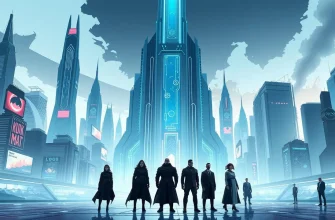In the realm of science fiction, filmmakers often use futuristic settings to explore and critique societal issues, including sexism. This curated list of 10 films delves into various aspects of gender inequality, discrimination, and the fight for equality in imagined worlds. These movies not only entertain but also provoke thought, encouraging viewers to reflect on the persistent issues of sexism in our own society through the lens of speculative futures.

Alien (1979)
Description: While not explicitly about sexism, the film features a strong female protagonist in a traditionally male-dominated genre, challenging gender roles in sci-fi horror.
Fact: Sigourney Weaver was not the first choice for Ripley; the role was initially offered to Veronica Cartwright.
 Watch Now
Watch Now 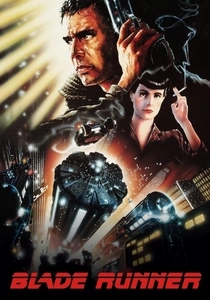
Blade Runner (1982)
Description: This film explores themes of identity and humanity, with a subplot involving the replicant Pris, who embodies both the objectification and the potential for rebellion against it.
Fact: The film's director, Ridley Scott, was not satisfied with the original theatrical release and released his own director's cut in
 Watch Now
Watch Now 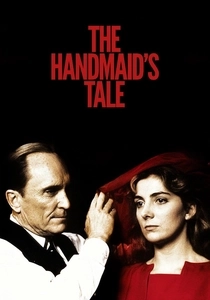
The Handmaid's Tale (1990)
Description: This film adaptation of Margaret Atwood's dystopian novel portrays a society where women are subjugated and used solely for reproduction, highlighting extreme forms of sexism and control.
Fact: The film was initially released with a different ending than the book, which was later changed to be more in line with the novel's conclusion.
 Watch Now
Watch Now 
Gattaca (1997)
Description: Set in a future where genetic engineering determines one's social status, the film subtly addresses gender discrimination through the character of Irene, who is deemed genetically inferior.
Fact: The film's title is derived from the letters representing the four nucleic acids of DNA: Guanine, Adenine, Thymine, and Cytosine.
 Watch Now
Watch Now 
The Matrix (1999)
Description: While primarily known for its action and philosophical questions, the film also subtly critiques gender roles through the character of Trinity, who defies traditional female roles in action cinema.
Fact: The Wachowskis wrote the script with a strong emphasis on gender fluidity, which was ahead of its time.
 Watch Now
Watch Now 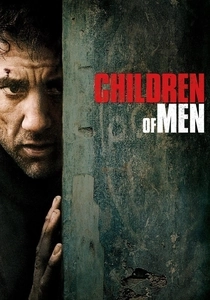
Children of Men (2006)
Description: In a world where humans can no longer procreate, the film subtly addresses themes of sexism through the portrayal of women as both bearers of hope and victims of societal collapse.
Fact: The film features a scene shot in one continuous take, which was over six minutes long, showcasing the director's vision for realism and immersion.
 Watch Now
Watch Now 
A.I. Artificial Intelligence (2001)
Description: This film explores the emotional and ethical implications of creating AI with the ability to love, with the character of Gigolo Joe highlighting issues of male objectification.
Fact: The film was originally conceived by Stanley Kubrick, but after his death, Steven Spielberg took over and completed the project.
 Watch Now
Watch Now 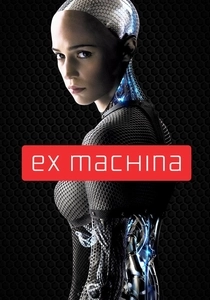
Ex Machina (2014)
Description: A programmer is invited by his CEO to administer the Turing test to an intelligent humanoid robot. The film subtly explores themes of objectification and the male gaze through its narrative.
Fact: The film was shot in a single location, a remote house in Norway, to enhance the feeling of isolation and control.
 Watch Now
Watch Now 
Her (2013)
Description: Set in a near future, this film examines the relationship between a man and an AI operating system, exploring themes of emotional dependency and the objectification of AI as a female entity.
Fact: Spike Jonze wrote the script with Sofia Coppola in mind for the role of Samantha, but ultimately decided to use Scarlett Johansson's voice.
 Watch Now
Watch Now 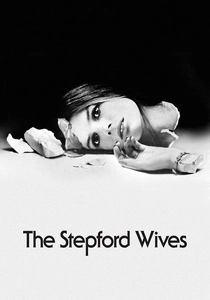
The Stepford Wives (1975)
Description: In this chilling tale, a woman moves to a seemingly perfect suburban community where all the wives are eerily subservient, revealing a sinister plot of male dominance.
Fact: The film was remade in 2004 with a comedic twist, starring Nicole Kidman and Bette Midler.
 30 Days Free
30 Days Free 



